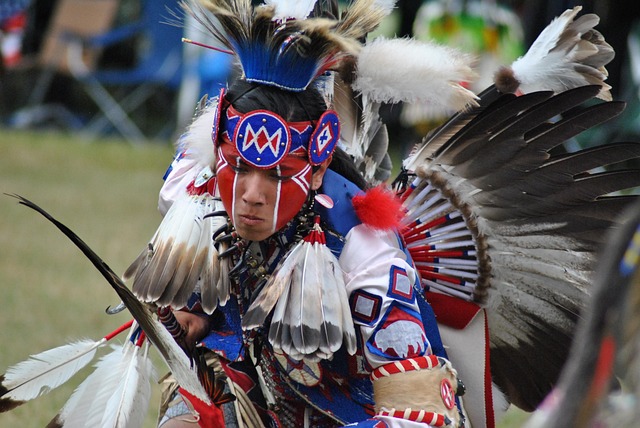Article Title:Promoting majority culture and excluding external ethnic influences: China?s strategy for the UNESCO ?intangible? cultural heritage list
Abstract:
China's enthusiasm for having many World Heritage?listed sites is well-known as a national strategy of cultural soft power, economic development, and incorporating minority groups into the Han-dominated Chinese state. Relatively understudied are China?s efforts related to UNESCO?s lists of ?intangible? cultural heritage, which inscribe people?s living culture ? such as dances, costumes, and songs ? as world heritage. This study focuses on how some ethnic groups? intangible culture has been objectified for the World Heritage Lists by the Chinese state. This study argues that by enlisting ethnic minorities? culture under the name of Chinese state, the state can reinforce state borders that often run across ethnic and cultural boundaries, reducing external influences on minorities from their trans-border ethnic or cultural kin. Concomitantly, the majority?s cultural prominence is further entrenched in this process by the emphasis placed on minorities? folklore in contrast to the Han?s culture of civilization.
Keywords: UNESCO; intangible cultural heritage; ethnic minority; cultural objectification; China
DOI: 10.1080/13504630.2019.1677223
Source:SOCIAL IDENTITIES
Welcome to correct the error, please contact email: humanisticspider@gmail.com



